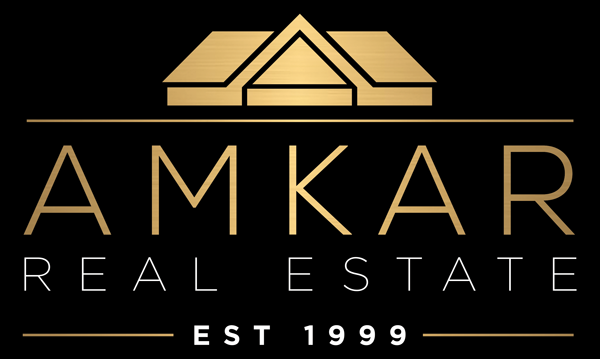Owning an investment property involves a key choice: manage it yourself or hire a property manager. Each option has unique benefits and challenges based on cost, time commitment, and expertise. Understanding these can help you decide what’s best for your situation.

Cost considerations when choosing a property manager
Managing a property yourself can be cost-effective, avoiding management fees that typically range from 7–10% of rental income, plus additional charges. However, without knowledge of rental regulations and processes, you may face costly mistakes. A professional property manager brings experience and insight that helps prevent these issues. While their services come at a cost, they can help optimise rental income and protect your investment.
Time commitment and the role of a property manager
Self-managing requires significant involvement. You’ll be handling tenant communication, coordinating repairs, conducting inspections, and responding to emergencies. For landlords with spare time, this may be manageable. However, if you own multiple properties or have other commitments, the time demand can become overwhelming. Hiring a property manager takes these responsibilities off your plate, giving you peace of mind and more freedom.
Expertise and legal know-how
Navigating tenancy laws, managing disputes, and understanding local rental markets are essential skills for landlords. If you choose to self-manage, you’ll need to stay up to date on these areas to minimise risk. A property manager is trained to handle legal and practical aspects of leasing, from tenancy agreements to maintenance, ensuring your property is compliant and well-managed.
Tenant relationships and control
Self-management gives landlords direct control over their property and allows for a more personal relationship with tenants. This can be rewarding but also emotionally draining, particularly in difficult situations. A property manager acts as a buffer, maintaining professionalism and resolving issues efficiently while helping you keep distance from tenant conflicts.
Making the right decision
If you have time, and energy and are eager to learn, managing your own property might suit you. But if you’re looking to reduce risk, save time, and ensure your investment is handled with care, a qualified property manager could be the smarter choice. Contact our friendly team here.
These articles are general in nature and are not financial or legal advice. Please consult your professional financial and legal advisors before making any decisions.

